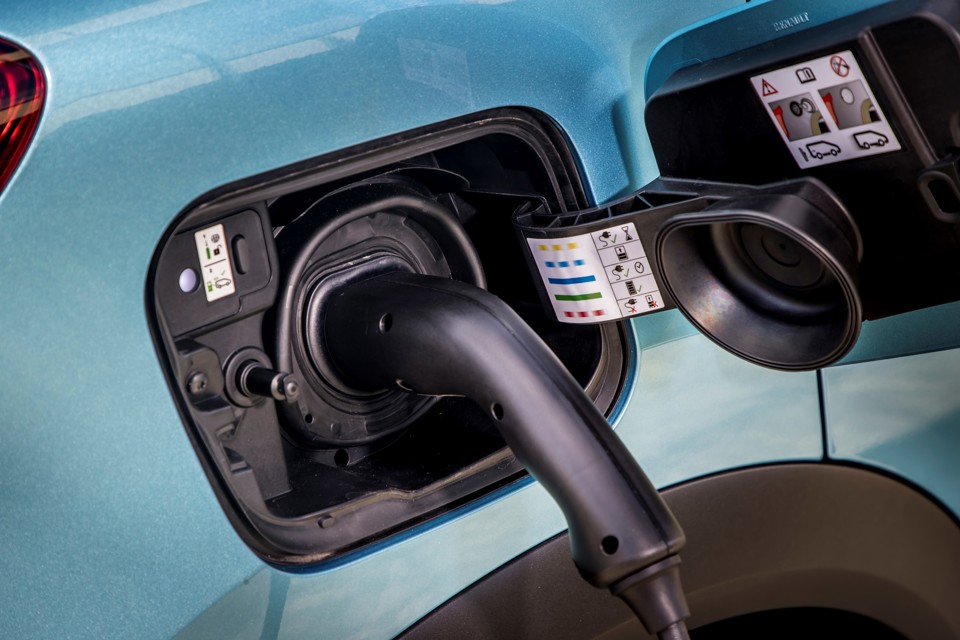HMRC has increased the advisory electricity rate (AER) for electric vehicles (EVs) by 25%, from 4ppm to 5ppm, after it had remained unchanged since its introduction in 2018.
The change comes as research from the Association of Fleet Professionals (AFP) and Nissan showed that nine out of 10 fleet operators (91%) were unhappy with the way the rate had stayed at the same level despite increasing electricity costs.
Gerry Keaney, chief executive of the British Vehicle Rental and Leasing Association (BVRLA), said: “The EV market is maturing and is no longer a niche. We need a mileage recompense rate that can adapt to energy prices and charging trends, so we are pleased to see HMRC respond so swiftly to the lobbying from AFP and BVRLA.
“The AER for electric vehicles had not changed since 2018, this uplift is a positive move and shows that the Government is serious about providing a supportive environment for the push to zero emission motoring.”
The previous AER specified was just 4ppm which, added Paul Hollick, AFP chair, generally failed to cover reimbursement of fuel costs when most individuals are now paying closer to an estimated 18 pence per kwh even when charging at home.
He said: “We very much welcome this move by HMRC. In truth, 5ppm is probably still too low – recent research among our members saw 6-7ppm mentioned as an appropriate rate – but it does represent an increase of 25% in one step, which is quite substantial.
“Importantly, it establishes the principle of revisiting and revising the AER rate as part of conversations between industry bodies and HMRC, which is an important development.”
Advisory fuel rates (AFRs), including the AER, are widely used by employers to determine how much to reimburse employees claiming business mileage.
HMRC publishes updated AFRs quarterly for petrol, diesel, and hybrid vehicles, with adjustments being made to the rate according to changes to pump prices. For example, new AFRs for petrol and diesel, effective from December 1, which have been published today (Wednesday, November 24), have all increased. However, the rate for EVs had remained unchanged since 2018, when it was first introduced to cater for a growing number of plug-in company cars.
The AFP survey was carried out through the AFP’s new EV hub, created with the support of Nissan and designed to support fleet operators through the process of EV adoption.
It features a range of resources including a list of frequently-asked questions about EV operation, and news of upcoming AFP events covering electrification such as training sessions and webinars.
Hollick said: “With financial assistance from Nissan, we are now able to provide a range of information to aid our members as they begin to adopt electric vehicles and also carry out these monthly EV surveys. It’s an important element of our digital strategy.”
The AFP will be holding a webinar on the issue of kerbside charging at 9am on Wednesday, December 15.
























Sage & Onion - 24/11/2021 13:55
This is great that the AER has now been addressed but we also need a separate discounted rate for PHEV cars as well to level it all up. Or is there no appetite for this if drivers potentially profit from it if they get paid the AFR rate for the host engine and receive free charging at work or get reimbursed for home charging, which reduces their overall fuel cost?